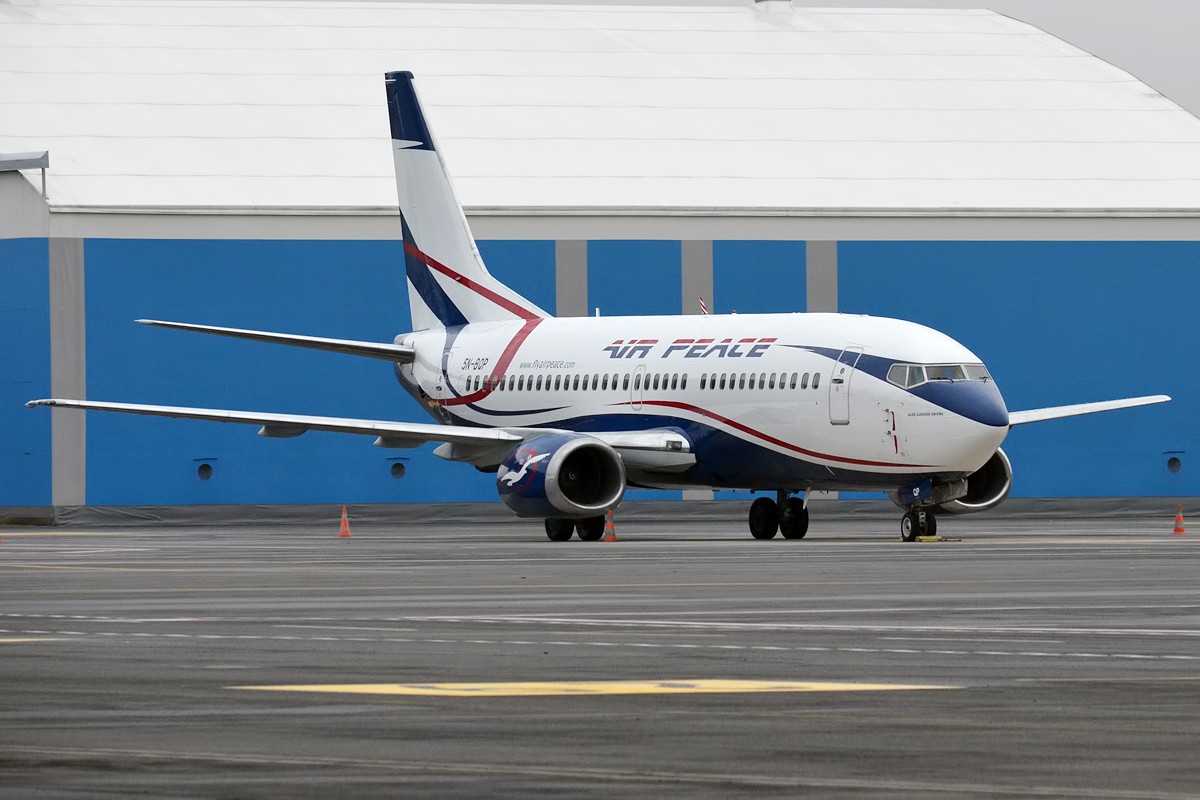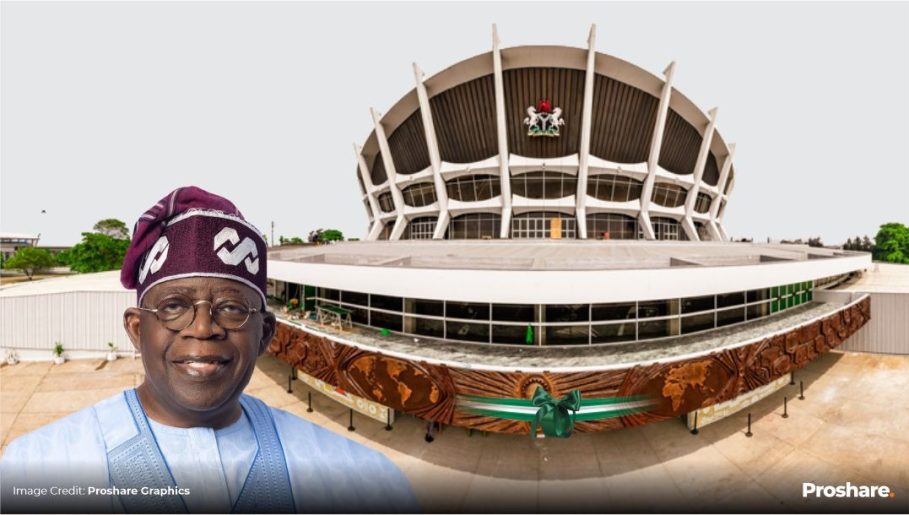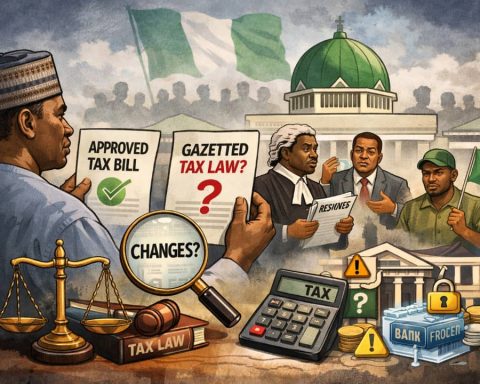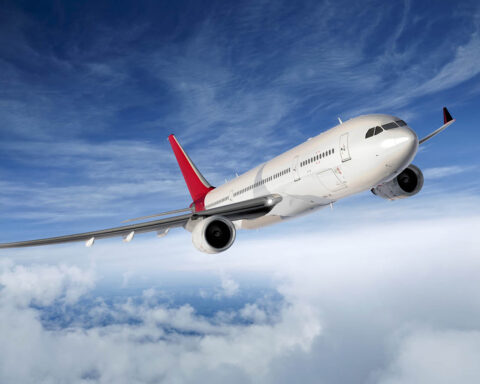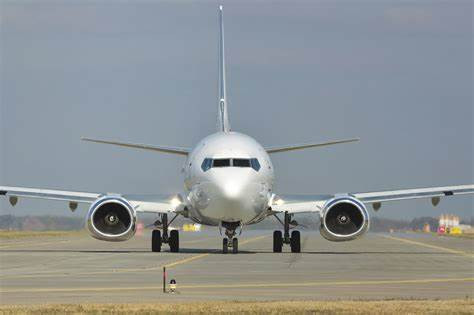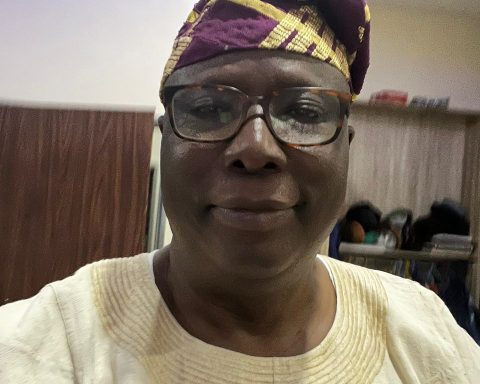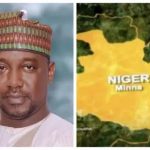By Achillues Chud Uchegbu
Join our WhatsApp Channel
The Nigerian sky is volatile. In 24 years, it has consumed 21 airlines that dared to challenge it.
These include Nigeria Airways, Albarka Air, Oriental Airlines, Discovery Air, Air Midwest, Okada Air, EAS Airlines, NICON Airways, Med-View Airline, Space World Airlines, First Nation, Hak Air, Slok Air, IRS Airlines, Air Nigeria, ADC Airlines, Associated Aviation, Chanchangi, Sosoliso, Bellview and Virgin Nigeria.
While some wings were clipped by excessive regulatory demands, some bade the industry goodbye following accidents. However, Air Peace, which has emerged as Nigeria’s king of the skies, is challenging the heights and expanding its wings so ferociously, despite the tough regulatory environment, that what seems like envy is increasingly being worked up to sabotage its operations.
Founded in 2014 by Allen Onyema, at a time when investments in the aviation sector had run dry like a well in the Rub al Khali desert, the airline offered hope for safety and has sustained a safety record that is enviable.
It has grown from a fleet of Dornier 328s and Boeing 737s to boast of B777s, with which it has staked an audacious bargain for international routes hitherto dominated by airlines that masqueraded as exclusive right owners of certain routes, especially the Lagos-London Heathrow.
With Abuja-Heathrow and Abuja-Gatwick taking off in a few more days, it seems that Onyema’s audacity to challenge the limits and fight discriminatory application of bilateral air service agreements that his country had signed, is striking a negative chord in what has become a deeply troubling and nauseating aeropolitics.
Today, Air Peace stands tall as a beacon of national pride and economic resilience. It is a testimony to the unflinching power of vision and mission. From serving a few domestic routes amidst doubts about its surviving an industry that consumes rather than builds, the airline now operates sub-continental, continental and inter-continental flights with a fleet of modern aircraft types as a symbol of the potential of indigenous entrepreneurs in a sector long dominated by foreign players, who, I do not expect to applaud Allen and his tribe of daring ceiling breakers.
However, beneath this success story, a darker and sinister narrative lurks hungrily seeking nothing else but “to kill”. It has to be nothing but the use of an orchestrated scandal to sabotage the airline’s visible momentum. It thus suggests that every plug considered necessary to bridge the growth of Air Peace will be pulled by those who want to ‘kill’ the airline. This includes plugs pulled by orchestrated interests using institutional mechanisms.
Get my drift? Ok, let me explain! Remember the recent headlines created by an NSIB preliminary report, which claimed that the pilot of an Air Peace flight, which overshot the runway at the Port Harcourt Airport, tested positive for alcohol consumption. The affected pilot had publicly disclaimed this. Another also threatened legal action against NSIB for the destruction the report had caused her career.
Both puncture the veracity of the NSIB claim. Curiously, the report came two months after. However, the report seemed to have achieved its main purpose given the negative publicity, and negative profiling, it gave to Air Peace. The implication of the sensational headlines from a preliminary report, which ought to have undergone peer-review before release to the media, as mandated under ICAO Annexe 13 protocols, is that it lends credence to the allegation of a plot “to kill” the airline.
Specifically, ICAO Annexe 13 defines the responsibilities of the state of occurrence of an incident, the process for conducting investigations, and the sharing of findings and safety recommendations with the entire aviation community. The “sharing of findings” is to ensure peer review before publication. This is considered important to safeguard airlines from the negative impacts of such reports. Overlooking this requirement raises suspicion that interested individual parties may have infiltrated the system and orchestrated the release of the report without peer review.
It may be easy to dismiss this deduction, but aggregating the fight that Onyema and others in the Airline Operators of Nigeria (AON) had to put up in defence of Nigeria’s aviation sovereignty, leads to the rational conclusion that a baby that died after the witch cried, must have been killed by the witch.
Managing Passengers’ Disturbance: The Air Peace Crew Example
This may also be the reason those who understand aeropolitics are not quick to dismiss allegations of a ‘plot to kill Air Peace’, which Onyema had publicly decried as “dangerous”. Such schemes are usually oiled by shadowy cabals who amplify safety issues or regulatory hurdles and use them to orchestrate reputational attacks, with the aim to instigate oversight hammer. Often, these reputational attacks are masked as serious concerns over operational efficiency, reported as missed schedules, delayed and cancelled flights.
While delayed and cancelled flights are a global industry phenomenon, they, however, arise out of safety concerns. An aircraft is not a piece of ornament procured by an aerophile, or avgeek, to decorate an airport. An aircraft makes money for an airline only when it is flying, not when parked. I wish that folks would realise that a flight is delayed for the safety of passengers.
A faulty bus can always park off the road to fix a malfunctioning system. These are part of the ABCD of aviation, but they are amplified negatively against Air Peace and Onyema.
And, I cannot take my gaze off organisations and individuals that may have planned to annex Nigeria’s aviation industry through shadowy schemes for orchestrating these negativities. Victory in the battle against such entities is credit to the vigilance of AON and other patriotic investors in the sector.
Rather than allow machinations on amputating Air Peace, despite the image-propping value it has added to Nigeria, the airline, like others still making Nigeria proud, deserve government protection for reasons of strategic national security and economic interests.
The value the airline has added to Nigeria’s image, through its corporate social responsibility projects, in airlifting Nigerians from troubled regions of the world –South Africa, Libya, Sudan, Ukraine- is unquantifiable. Just recently, the foundation stone for the airline’s MRO (Maintenance, Repair and Overhaul) facility in Lagos state was laid. The MRO has the capacity to cut down on the about $2.5 billion that Nigerian airlines spend annually on MRO services offshore.
This is aside the jobs it will create. This sum up to just one thing – that Onyema is leading the charge to take back the Nigerian aviation space for Nigerian operators. His audacity in challenging the ‘born-to-rule’ of the industry, and breaking the glass ceiling, on the London route with lower fares should mean a lot to Nigeria.
At the moment, Air Peace leads in aviation nationalism in Nigeria. It promises to do much more. However, the struggle for Nigeria’s sky can only deliver more benefits for the county, and its people, with the collapse of the orchestrated plots to sabotage the airline, and others.
This should be the outcome of a conscious and intentional effort of the government to defend, and insulate, the aviation sector from the predatory tendencies of shadowy ‘investors’. It is also makes a patriotically logical sense to do so, because, if the hawks behind the “plot to kill Air Peace” succeed, they will move on to amputate and annihilate other airlines. That will be catastrophic for Nigeria.


